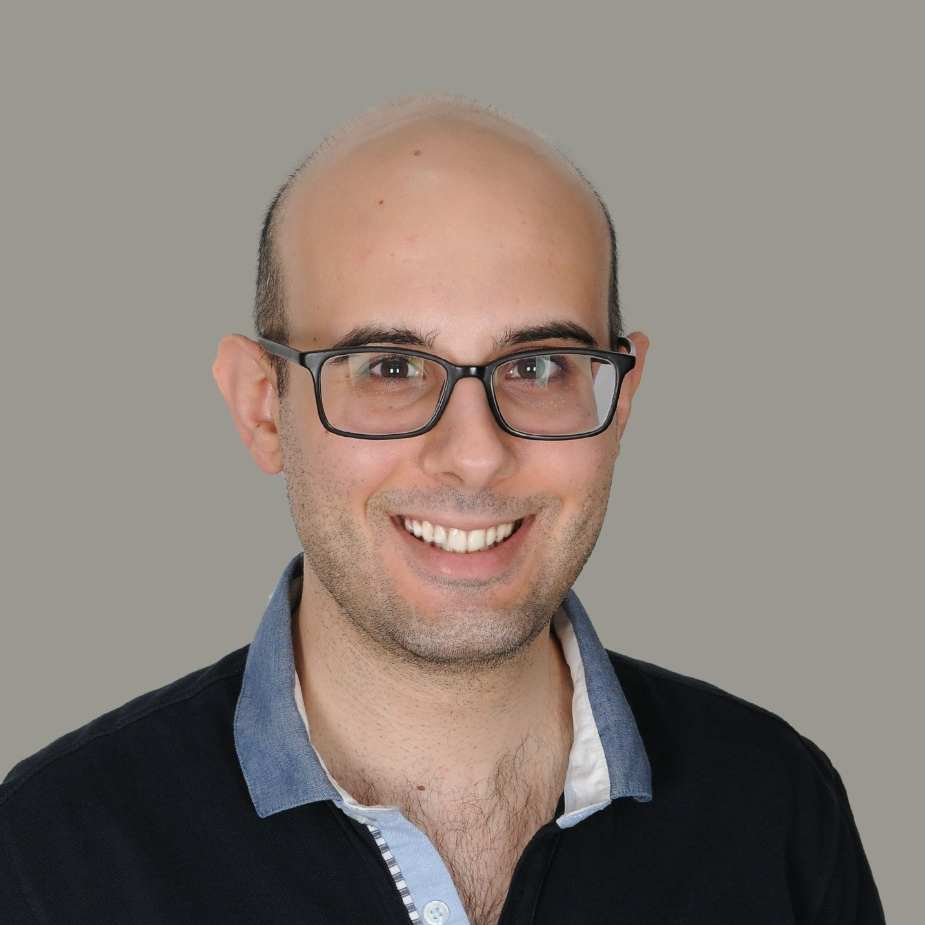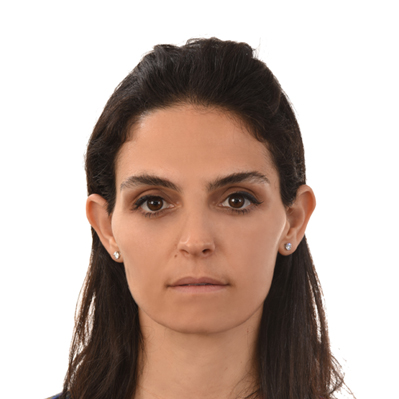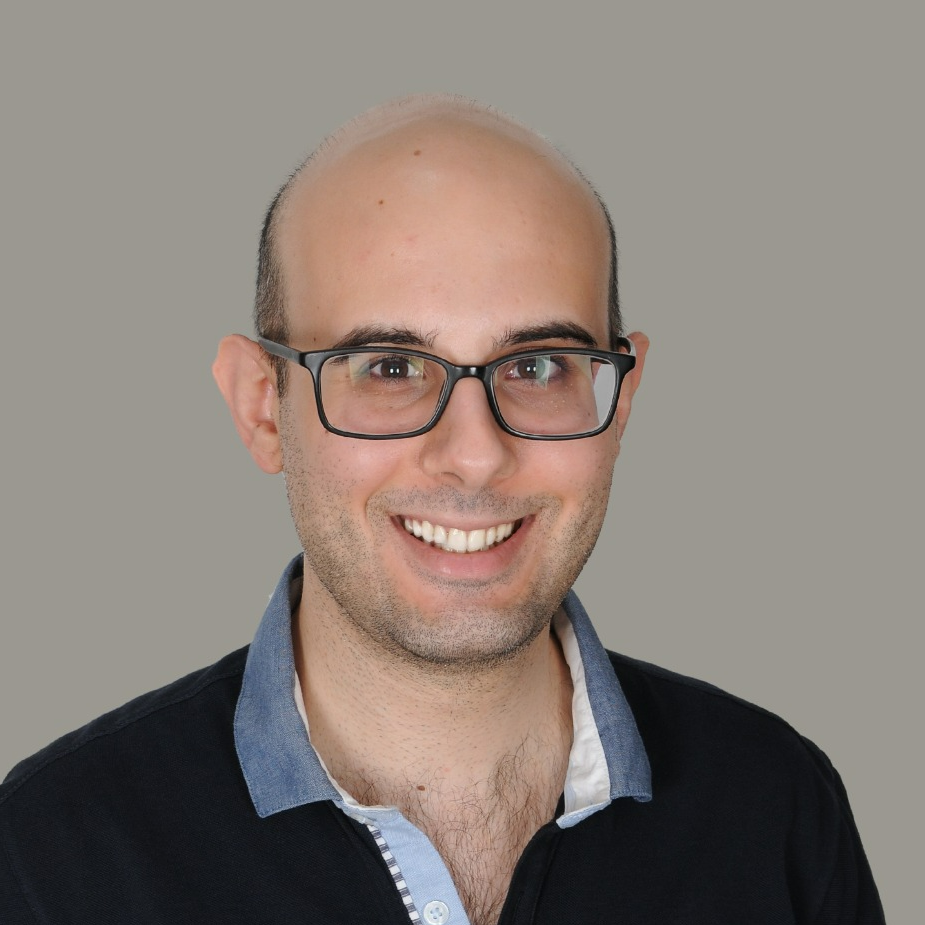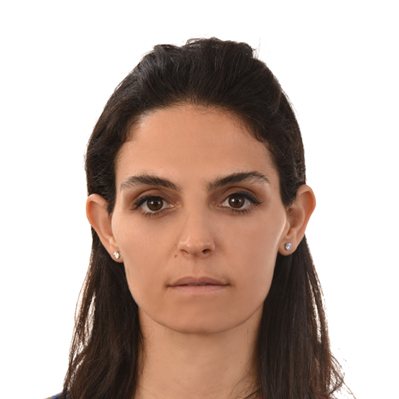


Recovery Rooted in Community: Mental Wellbeing and Youth Support in Times of Crisis
Recovery Rooted in Community: Mental Wellbeing and Youth Support in Times of Crisis
Pricing
Information
Recorded
-
-
Description
This session shares the experience of CDLL (Cénacle de La Lumière), a Lebanese NGO working at the intersection of youth prevention, mental health, addiction treatment, and community-centered support. In a country where decades of conflict, economic collapse, and public system failure have left families without reliable healthcare or social services, creating a society marked by uncertainty, trauma, and systemic fragility. NGOs like CDLL have stepped in to fill a widening gap—offering not just care, but connection, stability and a sense of continuity .
Recognizing that schools remain one of the main steady institutions in children’s lives, CDLL focused towards prevention and early intervention through school-based partnerships. Teachers and caregivers are trained to recognize early signs of mental distress and foster supportive classrooms, while children receive life skills to manage emotions, anxiety and build resilience. The model is scalable, embedded in long-term institutional collaboration with schools, and engages the entire school ecosystem—exposing staff, students, and families to a shared culture of safety and support rippling out to reducing household tensions and stabilizing communities.
Together LiBeirut (TLB), with CDLL as its Mental Health partner, will present the Neighborhood Approach—a response to the 2020 Beirut Port explosion. The model treats neighborhoods as living ecosystems, integrating economic, social, health, and urban reconstruction. By creating supportive hubs rooted in communities and linked to the diaspora, it restores dignity, ensures access, and embeds psychosocial care where people live.
In Lebanon, resilience and solidarity are often praised—but we ask: is it true resilience, or collective mental distress masked as survival, with solidarity functioning as a lifeline? This session invites reflection on how to transform community support from a desperate necessity into a localized, sustainable system of care.
Learning Objectives
Participants will be able to:
-
Identify at least three evidence-based strategies used by CDLL to strengthen school-based mental health prevention and early intervention programs.
-
Analyze the key components of the Neighborhood Approach developed after the 2020 Beirut Port explosion and evaluate its effectiveness in integrating psychosocial care into community rebuilding efforts.
-
Apply principles from CDLL’s community-centered model to develop a localized framework for enhancing resilience and mental well-being in their own clinical or community practice
Educational Goal
Target Audience
- Addiction Professional
- Counselor
- Marriage & Family Therapist
- Nurse
- Physician
- Psychologist
- Social Worker

